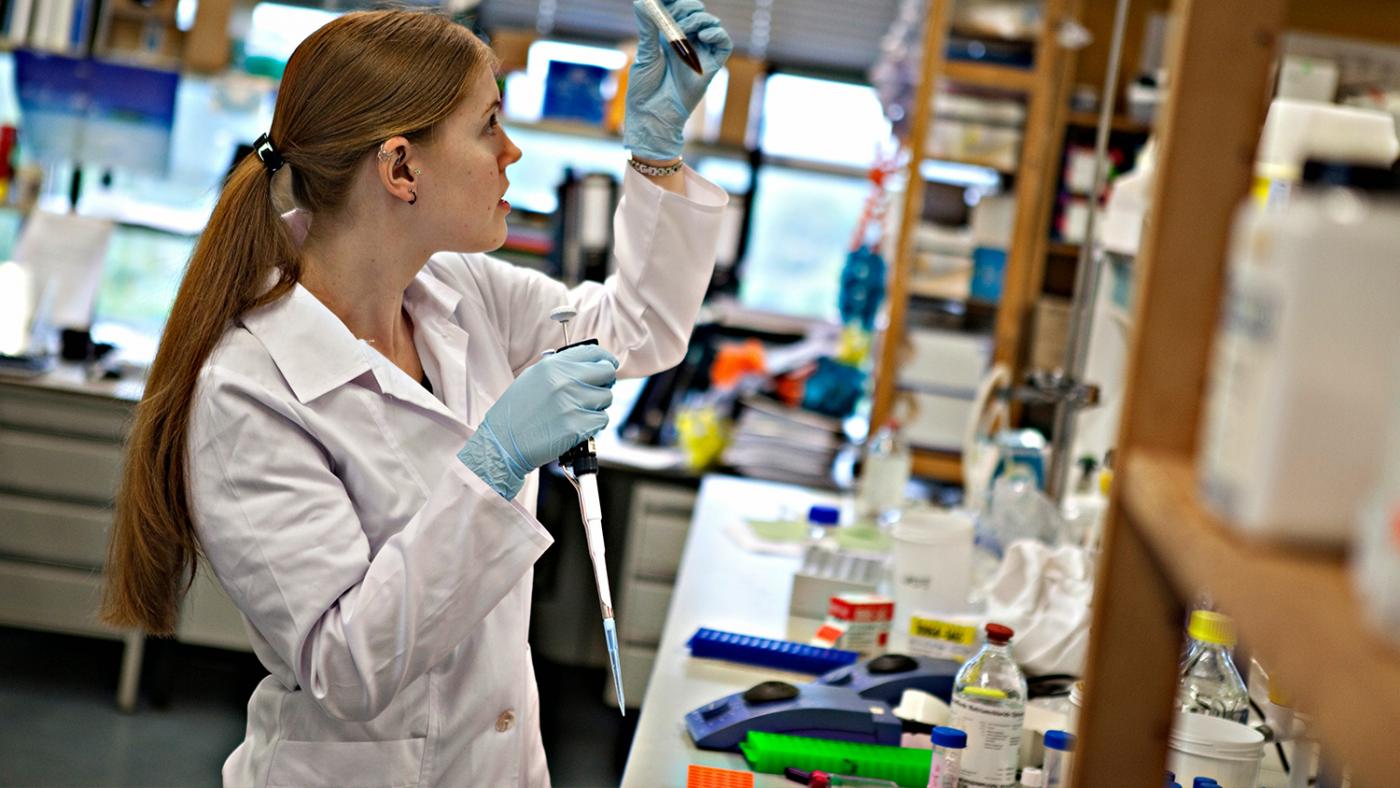'The government should set up a scientific council to give more guidance to social research'

Right before Christmas, the House of Representatives received a comprehensive report (in Dutch) about research and science policy in the Netherlands. The report was written by Dialogic, an independent research and consultancy agency in the field of innovation, and commissioned by the Ministry of Education, Culture and Science.
One of the conclusions drawn by the report is that “the Ministry of Education, Culture and Science is not taking on a coordinating role to formulate and direct an overarching research agenda.” One of the ways the ministry could do this would be by "designating a forum to establish a link between pressing social issues and the contribution that science can make to them".
Free inquiry
That is a surprising conclusion, considering many academics say there is too little room for unfettered, curiosity-driven research. According to these critics, too much funding goes to strategic research themes imposed from above, such as from the government or the business community. The National Science Agenda is a good example. At the end of 2020, 93 million euros were distributed among 21 consortia of universities, universities of applied sciences, foundations and companies, so that they could work on research related to social issues deemed urgent.
So, is there or is there not enough room for free and unfettered research? The discussion ended up reaching the ears of the ministry. Last year, then minister of education Ingrid van Engelshoven asked research financer NWO how much free research the organisation still finances. She also suspected that the balance had tipped in favor of 'strategic research'.
Centralised control
Nevertheless, the researchers from Dialogics now suggest that the ministry should opt to centralise control a bit more. According to them, critics will say that unfettered research would be further compromised and that the government tends to prioritise the so-called strategic research. But according to the research agency, that is a "false contradiction". Even if the choice is made to work with an overarching research agenda, unfettered research is still just as necessary as strategic research. They don't have to be mutually exclusive, according to Dialogics.
That's correct, reacts chemistry professor Bert Weckhuysen of Utrecht University. He is not involved in the comissioned study, but he's published two reports on the balance between unfettered and strategic research on behalf of the Royal Netherlands Academy of Arts and Sciences (KNAW in the Dutch acronym). Last year, he indicated to DUB how important it is that universities get more money for research.
In free or unfettered research, the impression is sometimes that scientists are given time to play in their sandbox.
He previously argued in a report on behalf of the KNAW that a good balance is needed between unfettered and strategic research. “The problem with free or unfettered research is that people sometimes think of it as though scientists were being given time to play in their sandbox. That is not right at all. Free research may not always yield immediate results. But if it works, it will be a game changer and we would cherish it as a society. Future business goes hand in hand with it.”
According to him, free and strategic research can even overlap. “Fundamental scientific questions can be answered in both strategic and independent research when we're talking about cancer, for example,” he explains, stressing that a clear distinction cannot always be made.
 Bert Weckhuysen. Photo: Utrecht University
Bert Weckhuysen. Photo: Utrecht University
Random policy
Independent and strategic research distinguish themselves mainly in the area of management. “In unfettered research, in which the creativity of the scientist is completely used, there is no need for guidance from above. But in strategic research, there is”, says Weckhuysen.
He does think that guidance is currently lacking, therefore agreeing with Dialogic, which argues there is not enough coordination going on, which results in "the danger of unclear priorities" in the research and scientific system.
It's a bit too random now, and that's not good. Initiatives are proliferating wildly.
In Weckhuysen's view, something needs to be done about this. “Within the strategic component, there must be more coordination about the choices made. It's a bit too random now, and that's not good. Initiatives are proliferating wildly. Some of these initiatives can reinforce each other through better cooperation, while some resources might be better spent on something else."
Science Council
So how should this all work? The professor thinks the Netherlands should have a science council similar to the one in Germany. “That scientific council would be able to direct research in important areas, and the head of the council would advise the cabinet, similarly to what Jaap van Dissel is now doing with regards to the Covid-19 policy.”
Also according to Weckhuysen, the existence of a science council would do more than simply dispel the "random" policy: “In that case, research and research policy can be worked on in the long term, beyond the government terms. This is how you avoid a yo-yo policy. And that would fit in much better with science, as it also takes a long time.”
Make sure there is no monstrous device in terms of support, because the money has to go to research.
But at the moment, the government is not well equipped to take charge of a "substantive management process", the researchers at Dialogic warn. They state there is a lack of knowledge and official capacity to do so. “Something can be done about that,” Weckhuysen responds. “There is no need to create a monstrous device in terms of support, because the money has to go to research. A man or ten should suffice. If only the Ministry of Education, Culture and Science, in collaboration with the knowledge institutions, would take more control.”
It remains to be seen whether that will happen. In response to Dialogic's findings, the former Minister of Education, Culture and Science, Ingrid van Engelshoven, wrote to the House that it is up to her successor to "make choices in the field of management philosophy". That job is now in the hands of another (former) UUer, Robbert Dijkgraaf.
HOP, Josefine van Enk